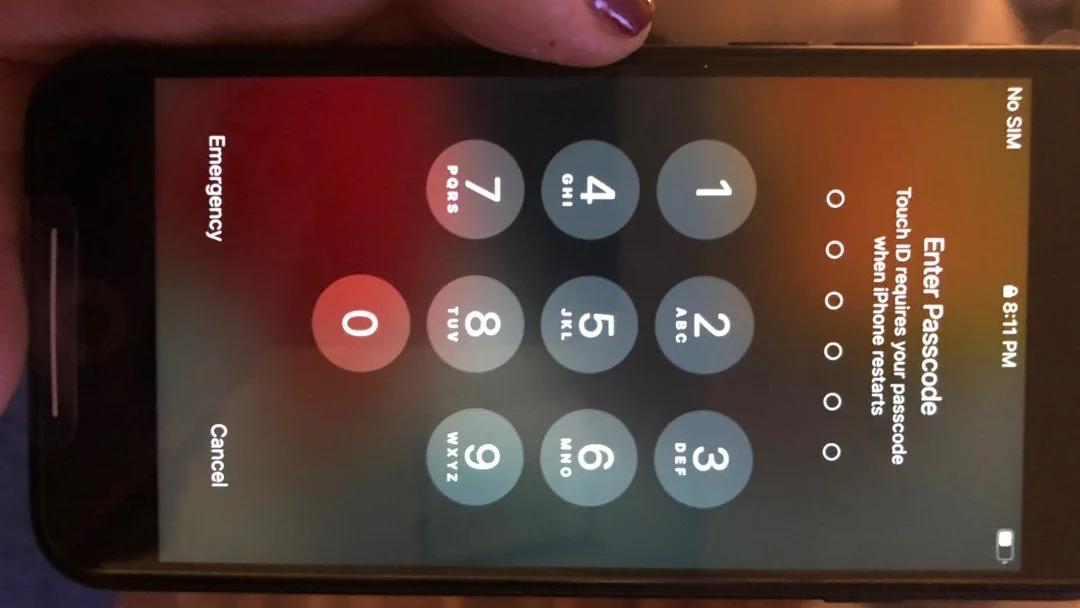
Urgent Security Alert: Is Your PIN Code on This Risky List? Change it NOW!
Your smartphone's PIN code: it's the gatekeeper to your digital life. But what if that gatekeeper was easily tricked? Multiple reports are sounding the alarm about the **risks associated with using common PIN codes**, urging everyone to check their current PIN and change it immediately if it appears on a list of vulnerable numbers.
The Danger of Predictable PINs
An analysis of over 29 million PIN codes from data breaches, highlighted by an investigation from ABC News in Australia, reveals a disturbing trend. Nearly one in ten people use the same four numbers. The most popular?1234. Others include 0000, 1111, and common year-of-birth sequences like 1986 and 2000. This reliance on easily guessable codes significantly increases your risk of unauthorized access if your phone is lost or stolen.
AI Cracking Codes in Seconds
Adding to the urgency, experts at Messente warn that artificial intelligence can crack some PINs with alarming speed. According to Jaanus Rõõmus, head of technology and engineering at Messente, PINs using repeating digits, like 5555, can be cracked in as little as 0.37 seconds. Consecutive numbers, pairs, patterns, and date-related codes are also highly vulnerable.
Why Are Common PINs So Risky?
The problem boils down to predictability. Humans are creatures of habit, and often choose PINs that are easy to remember, inadvertently making them easy for others to guess. Using a popular PIN, like those on the "never use" list, drastically lowers the number of attempts needed to gain access to your device.
The Top 10 PIN Codes to Avoid:
According to the ABC News investigation, these are the ten most popular PIN numbers you should NEVER use:
- 1234
- 1111
- 0000
- 1342
- 1212
- 2222
- 4444
- 1122
- 1986
- 2000
Beyond Four Digits: A Call for Stronger Security
Security experts recommend moving beyond the traditional four-digit PIN. Consider using a longer PIN or, even better, a password that consists only of numbers. Many smartphones allow you to use a numerical password instead of a PIN, giving you the flexibility to create a much stronger, more complex code.
Protecting Yourself: Practical Steps
- Check your PIN: If your PIN is on any list of commonly used or easily guessed codes, change it IMMEDIATELY.
- Go longer: If possible and supported by your device, switch to a six or ten digit PIN.
- Scrap Personal Info: Avoid using birthdays, anniversaries or other easily obtainable personal information in your PIN
- Consider a Numerical Password: utilize all the numeric character choices available to build a strong password instead of a four-digit PIN
- Be Aware: Avoid shoulder surfing and public displays of your PIN
Don't be a statistic. Take control of your smartphone security today by changing your PIN to something unique and unpredictable. What steps are you taking to secure your digital life? Share your thoughts and best security practices in the comments below.